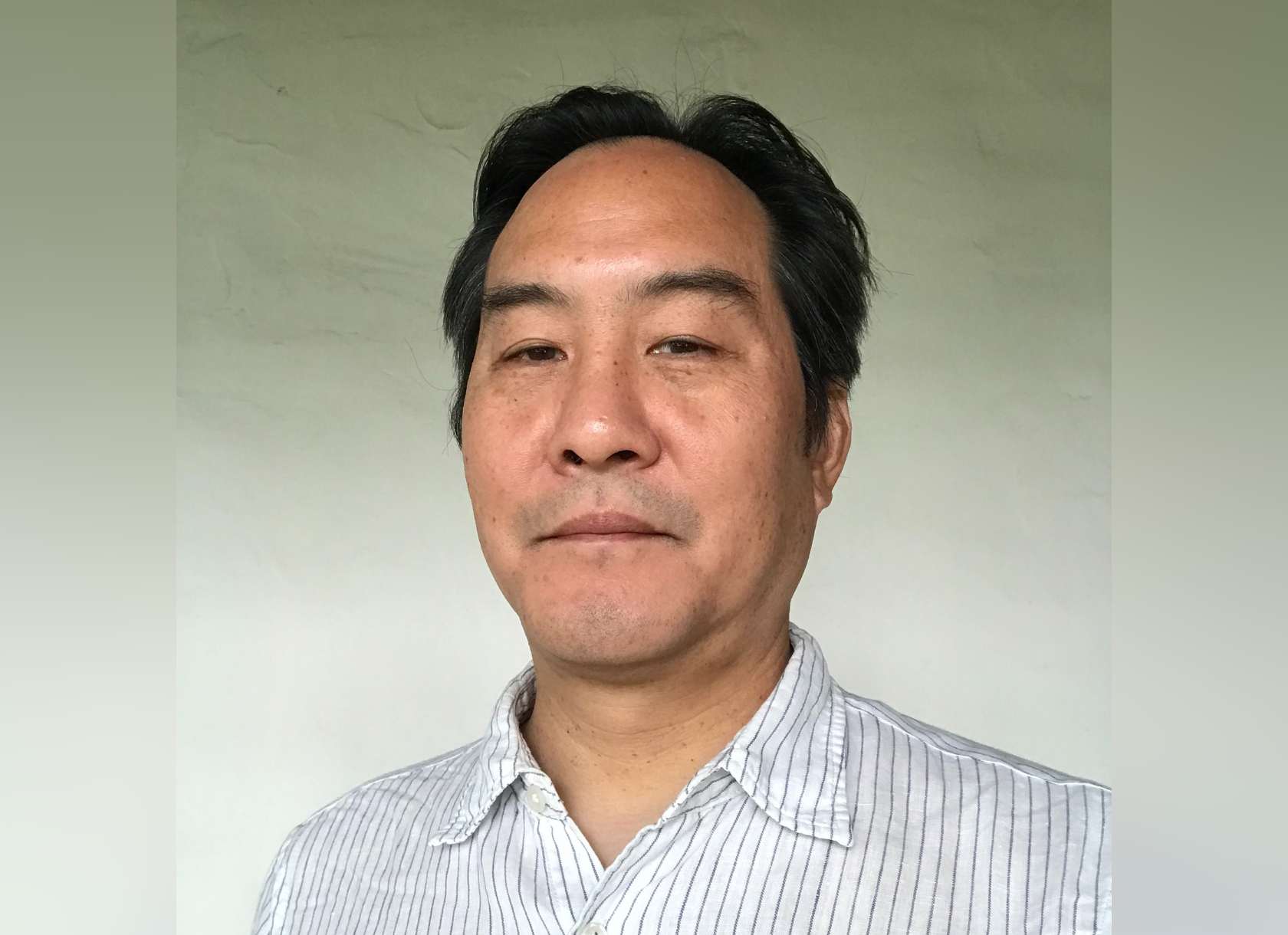
On July 1, Associate Professor of English Warren Liu began his new role as Scripps’ associate dean of faculty. The Office of Marketing and Communications spoke to him about his goals for the position, the duties to which he’s most looking forward, and his favorite part of teaching at Scripps.
Marketing and Communications: What do you hope to accomplish as Associate Dean of Faculty?
Warren Liu: I’ve only been in the position for a month and I’m still very much learning what my roles and responsibilities are. In the short term, I hope to learn what it means to be an effective and supportive associate dean of faculty. I’m sure that as I gain more familiarity with the position, longer-term goals will become more apparent, and I’m looking forward to discovering what those might be.
MC: In what ways will you continue to support your faculty colleagues, as well as students, within the scope of this new role?
WL: I’m still figuring that out. On the faculty side of things, I’m interested in exploring how we can ensure that all our faculty feel supported by the College, and moreover, what specifically constitutes effective and intentional “support.” What kind of support systems are we providing for new tenure-track hires? What kind of support do we give to recently tenured associate professors who now are exploring pathways for eventual promotion to full professors? And what support do we provide visiting professors, adjunct faculty, and non-tenure-track lecturers and instructors? I don’t know the answers to any of these questions yet, but I think that these issues are going to be important in my work as associate dean.
On the student side of things, one of my new responsibilities is advising students as they apply to various fellowships and scholarships, such as the Fulbright and the Watson. I’ll continue to support students in these endeavors, but I’d also like find ways to better publicize these opportunities and to increase access to them.
MC: How will your perspectives and experiences at Scripps help guide your work in this position?
WL: One thing that I’ve learned in my time at Scripps, both in the classroom and as a member of the faculty, is that it’s extremely important to gather information before making decisions that will impact a broader community. This is true for things as seemingly minor as a change to a syllabus, to things as complicated as changing grading policies during the COVID-19 crisis. In any decision-making process, I think it’s important to ask, to as many people as possible, the most basic questions: What do you think? What am I missing or not seeing? Who could this benefit? Who could this harm? Why do we need to do this?
I don’t mean to suggest that every decision requires a massive community polling project, but knowing who to ask questions—and when to ask them—are important skills to have, both in the classroom and as someone working to support faculty and students.
MC: To which of this new role’s duties and responsibilities are you most looking forward?
WL: One thing I’m most eager to learn more about is how to support faculty research. While Scripps is certainly a very teaching-focused institution, we also have so many scholars here doing remarkable work, in addition to being excellent leaders in the classroom. Are we doing everything we can to provide faculty support for their various research endeavors? What more could we do—or, if not more—what could we be doing better? In this regard, I’m looking forward to connecting with faculty directly and learning what they think.
In terms of student support, I’m looking forward to guiding more of our students through the challenging process of applying for different fellowships and scholarships. I’d be curious to learn why some of our students don’t apply for these opportunities, as well—what is preventing them? And, how can we remove those obstacles?
MC: What has been your favorite aspect of teaching at Scripps?
WL: There are many. If I had to narrow it down to one, I’d say that it’s always very rewarding to get to know students both inside and outside the classroom, to see students as whole people, who have all kinds of things going on in their lives, with my particular class being just a part of it, and often a much smaller part than I’d care to admit. As much as I enjoy what goes on in the classroom, to me, the classroom is only effective if it helps you build relationships beyond that space, as well—after all, it’s our job to send students off into the world to become the people they want to become. And we can’t do that, I don’t think, unless we really get to know what kind of people they are.

